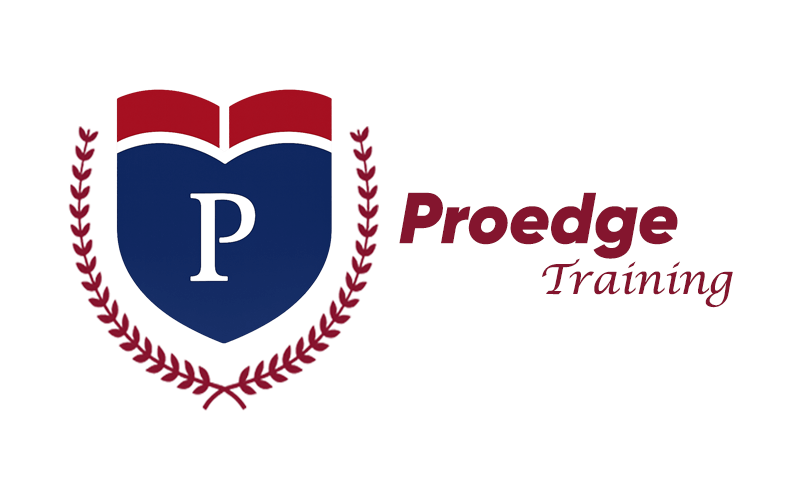Interpreter Course
This course teaches interpreters’ fundamental skills, knowledge, and duties. It covers interpretation principles, methodologies, morality, language, and pragmatics. This course prepares students for a satisfying interpreting career, regardless of experience or willingness to grow. This course targets career seekers, especially fresh graduates and professional translators. It is perfect for bilingual or multilingual people who want […]
About Course
This course teaches interpreters’ fundamental skills, knowledge, and duties. It covers interpretation principles, methodologies, morality, language, and pragmatics. This course prepares students for a satisfying interpreting career, regardless of experience or willingness to grow.
This course targets career seekers, especially fresh graduates and professional translators. It is perfect for bilingual or multilingual people who want to use their language skills in community services, healthcare, law, and education. This training provides ethical awareness, practical knowledge, and communication skills for translators. Speaking many languages isn’t enough—you must also be able to comprehend meaning and help individuals in difficult situations. This training helps language consumers become qualified interpreters. They will learn to confidently interpret tasks, create client trust, and open public and private sector job paths. Students will improve access, inclusion, and communication for varied populations.
Learning Outcome
- Understand the Core Responsibilities of an Interpreter
- Differentiate Between Types of Interpreting
- Develop Strong Listening, Memory, and Note-Taking Skills
- Apply Cultural Awareness and Sensitivity in Communication
- Follow Ethical Guidelines and Maintain Professional Conduct
- Adapt to Different Interpreting Settings
- Use Technology and Remote Tools Effectively
- Plan and Launch a Career in Interpreting
- Commit to Ongoing Professional Development
Course Content
Module 1: Introduction to Interpreting
-
Introduction to Interpreting
Module 2: Working in Different Settings
-
Working in Different Settings
Module 3: Language and Communication Techniques
-
Language and Communication Techniques
Module 4: Ethical and Professional Practice
-
Ethical and Professional Practice
Module 5: Tools and Technology in Interpreting
-
Tools and Technology in Interpreting
Module 6: Building a Career as an Interpreter
-
Building a Career as an Interpreter
Quiz
-
Quiz
Student Ratings & Reviews






